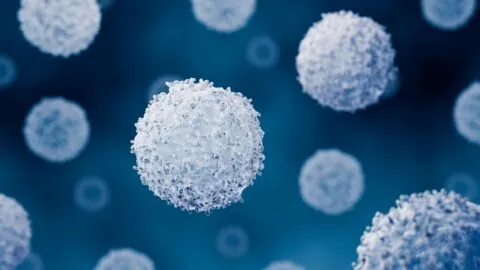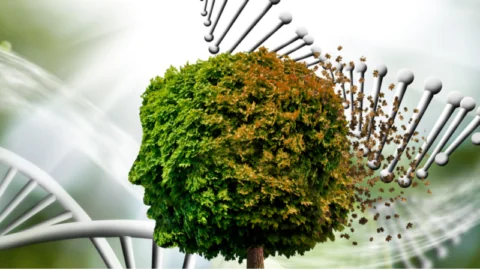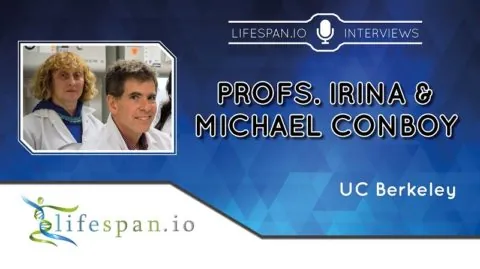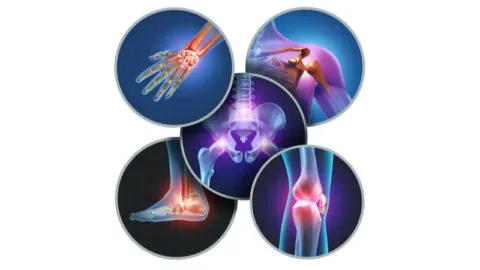July 12, 2024
By making NK cells insensitive to tumor-secreted TGF-β, scientists have improved their efficacy against this deadly hepatocellular carcinoma (HCC) [1]. Liver cancer and TGF-β Cancer cells, which are supposed to be vulnerable to the immune system, develop various defensive mechanisms to avoid detection and decrease immune cells’ fitness and viability. In solid tumors, the dense...
February 08, 2022
In a new study, mice transduced with a longevity-associated variant (LAV) of the BPIFB4 gene showed less immunosenescence and healthier vasculature [1]. The importance of having good genes Longevity-associated alleles prove that aging does not affect everyone equally. On average, centenarians and supercentenarians are more protected from age-related diseases than other people, and this protection...
January 03, 2022
A study published in Aging Cell has shown that senescent cells impact the way that CD4 T cells differentiate into types and that senolytics can restore this differentiation to a more youthful one. Not all T cells are the same CD4 T cells, often known as helper T cells due to their recruitment and signaling...
June 16, 2020
Back in 2005, Drs. Irina and Michael Conboy showed that joining the circulatory systems of young and old mice together in a procedure called parabiosis could rejuvenate aged tissues and reverse some aspects of aging in old mice. Following this discovery, many researchers concluded that there must be something special in young blood that was...
May 19, 2020
Researchers have successfully reversed the course of osteoarthritis in rats by combining two molecules, one of which, a-Klotho, has long been a popular subject of anti-aging research. A classic age-related disease Osteoarthritis (OA) is a classic example of a wear-and-tear disease. Its manifestations are in the slow degeneration of articular cartilage, the appearance of bone...
May 11, 2020
Researchers have demonstrated that epigenetic age can be halved in rats by using signals commonly found in the blood. Epigenetic changes One of the proposed reasons we age are the changes to gene expression that our cells experience as we get older; these are commonly called epigenetic alterations. These alterations harm the fundamental functions of...






